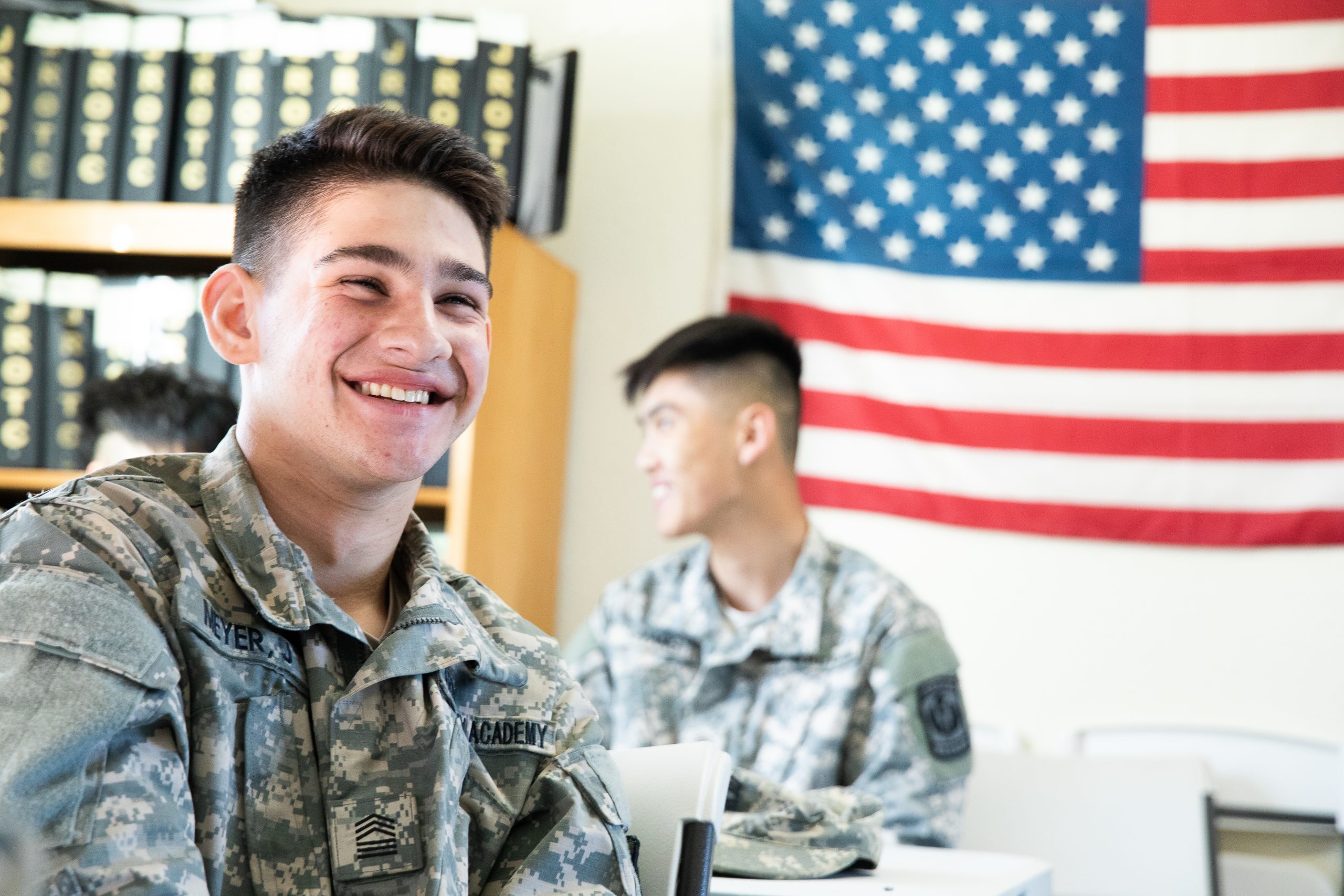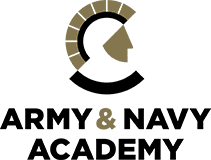 Learn why boarding schools are not for troubled youth. Unlike residential therapeutic and wilderness programs, traditional boarding schools are geared to prepare students for college preparation and life readiness.
Learn why boarding schools are not for troubled youth. Unlike residential therapeutic and wilderness programs, traditional boarding schools are geared to prepare students for college preparation and life readiness.
In this article, we will help you understand the world of boarding schools, how they differ, where to go for key data and research on therapeutic and wilderness programs, and some of the real advantages of a boarding school education.
Why Boarding Schools are Not for Troubled Youth?
1. Boarding schools, first and foremost, are focused on preparing high school students for admission to prestigious colleges and universities. The top boarding schools in the United States provide rigorous academics, AP and Honors classes, robust athletic programs, career oriented electives, a variety of dynamic clubs, and a campus life experience similar to a college setting. Most boarding schools are quite selective and only admit students with a high commitment to attend, strong academic promise, and the emotional stability to navigate life away from home. This typically means the admission process requires academic records, teacher reports, test scores, a student interview and an in-depth family consultation.
Boarding schools vary widely from all girls, all boys, faith-based, non-denominational, as well as schools with specialized program offerings (e.g. ESOL, Learning Differences, Aviation, Equestrian). While some boarding schools are not equipped to address ADD, ADHD, and dyslexia, many are quite strong in this area and offer specific programs for learning differences.
Often set on sprawling acres in unique locations, boarding schools are often found by the ocean, lakes, mountains, as well as near urban centers. Some top boarding schools dotting the U.S. map include:: Phillips Exeter Academy, Phillips Academy (Andover), The Hotchkiss School, Groton School, Lawrenceville School, Verde Valley School, The Orme School, Wayland Academy, The Webb Schools, Stevenson School, and for military boarding schools, Culver and Army & Navy Academy.
2. Boarding schools are significantly different from therapeutic and wilderness residential programs. It is very important to know the differences, so don’t be confused by terms like residential vs boarding. Some wilderness and therapeutic programs may at first glance appear to be traditional boarding schools, but they often target families doing online searches for “troubled teens” or “troubled youth.
The term “troubled,” in the minds of parents, may include a wide range of concerns, including, drug/alcohol use, diagnosed emotional/social disorders, legal issues, truancy, poor grades, attitude and more.
If you are concerned about a rebellious attitude, lack of engagement in school, academic issues, or attendance, then explore traditional private schools, boarding schools, and military boarding schools. These schools are generally well-equipped to address adolescent behavior and mild to moderate learning issues Military schools, for instance, are often well-equipped to address ADD, ADHD, Dyslexia, and typcial adolescent behavors (e.g. attitude, time management, motivation self-discipline, goal-setting, conflict resolution, leadership, character development).
In this comprehensive and well-documented research article, you can review doctoral level research and read actual case studies about therapeutic and wilderness programs. Given that many therapeutic and wilderness programs are listed on various website directories under “boarding schools” or “military schools,” it is imperative to research schools and programs thoroughly. For accurate information, reputable website directories include: Boarding School Review, AMCSUS (military boarding schools/academies), NAIS (boarding/day private schools ), WBSA (western boarding schools), Niche (filter by category), and Great Schools (filter by category).
3. Boarding schools offer counseling services, but are not set up for psychiatric or rehabilitation services. Although most boarding schools typically have a counseling department to offer academic scheduling, college planning services, and support for social/emotional well-being, they are not specialized in psychiatric disorders or rehabilitation of drug or alcohol abuse. They address issues such as: testing, tutoring, college planning services, and social/emotional support. If a student requires additional support, some private schools do have an in-house psychologist. At most boarding schools, students are also able to continue to meet with their personal therapists virtually.
Boarding schools are not intended for students with diagnosed psychiatric disorders or substance abuse issues. With this in mind, it is wise to speak openly with the admission office if your child has a history and/or current addiction or psychiatric issue. Check out counseling services on school websites and speak openly with the admission office about your teenager’s background, history, and current treatment.
4. Boarding school health centers deal with mild illness and injury. Although boarding schools do have health centers and generally have a registered nurse on staff to manage medications, they are not able to prescribe medications. The health center is equipped to address mild illness, injury, manage doctor and dental appointments, and ensure students take prescribed medications from their physicians. For this reason, it is important to find out if certain conditions or disorders will impede success at a boarding school.
5. Boarding schools offer safety and security, but they are not lockdown facilities, nor do they transport students (against their will) to campus facilities. Boarding school is similar to college. Whether it is a traditional boarding school or a military boarding school, the admission offices seek out students with the commitment to attend and the maturity to fully benefit from a boarding school education.
Boarding schools offer facilities similar to college campus settings with advanced security systems. Security is typically in the form of campus surveillance cameras (outside personal rooms), strict check-in and check-out procedures, and specific timeframes and policies for time off campus. For instance, at the Army and Navy Academy in Carlsbad, California, they have an Operations Center to address all aspects of security, including gate closures at night, surveillance (cameras and staff to walk the campus), and alert systems for natural disasters.
In addition, they offer strong mentorship from dormitory staff to ensure compliance with policies. In addition, specific measures are taken with information technology, athletics, and other departments to help train students to be mindful of health and safety protocols, both on and off campus.
What are the Advantages of Boarding School?
Advantages of sending your teen to boarding school include the following:
1. College Preparation – Most families want to give their child the very best chance of admission to a college or university of their choice. Boarding schools offer rigorous academics and boast matriculation to the Ivy League, top private and public colleges and universities, as well as the service academies.
To give you an idea of where boarding school students often attend university, check out matriculation info on boarding school websites. Look for higher education institutions like The Ivy League: Brown University, Columbia University, Cornell University, Dartmouth College, Harvard University, University of Pennsylvania, Princeton University, and Yale University. However, if you think your child will attend a top public university, look for institutions such as: UC Berkeley, UC Davis, UCLA, UCSB, UCSD, Purdue University, Texas A & M, Penn State, San Diego State University. and University of Michigan. In addition, if your child plans to attend a private university, you might see some of these on matriculation lists: Stanford, MIT, USC, NYU, Rutgers, Pepperdine, University of Chicago, and Georgetown.
If your son/daughter is interested in the service academies, look for the following on matriculation lists: U.S. Military Academy at West Point (USMA), U.S. Naval Academy at Annapolis (USNA), U.S. Coast Guard Academy (USCGA), U.S. Air Force Academy (USAFA), and U.S. Merchant Marine Academy (USMMA). As a side note, attending a top military boarding school can be an ideal way to gain admission to the prestigious service academies; however, bear in mind that military boarding schools are not service academy prep schools. In fact, they are college preparatory in nature and most of their graduates matriculate to top public and private universities.
2. Life Readiness – Beyond college readiness, you want to ensure your teen is ready to handle life away from home. Boarding schools offer teens a chance to gain confidence and independence, while receiving an umbrella of strong support, mentorship, and guidance. They help students acquire leadership skills, grit, resilience, and perseverance. Data seems to indicate that boarding school students have a tendency to adopt a growth mindset that often leads to higher success in college, grad school, career and in their earnings history.
3. Character Development – Boarding schools, whether they are faith-based or non-denominational, offer a set of core values and an honor system that provides inspiration to students to demonstrate values such as: honor, integrity, respect, responsibility, compassion and gratitude. These values serve as a blueprint for life and result in lifelong service and contributions to their families, professions, communities, and country.
4. Life Skills – In today’s world, it is not enough to get ready for college academically, so many boarding schools offer advantages by offering electives, clubs, and special trips to support and cultivate specific interests. Some boarding schools offer specialized programs, ranging from aviation, computer science, cyber security, media, design, and even surfing! They may even offer special summer internships at top universities like Stanford. In addition, students acquire good life habits, including: good hygiene, etiquette/manners, respectfulness, punctuality, organization, communication, team orientation, self-control, self-discipline, and high motivation.
5. Time Management – One of the key benefits of attending a boarding school, in particular a military boarding school, centers around the highly structured daily schedule. The schedule at most military schools encompasses: classes, tutorial, sports, clubs, mandatory study time, meals, free time, and dorm meetings. Weekends offer time to relax and go on various trips and excursions. Spring breaks even include trips abroad at some boarding schools or East Coast college campus tours.
6. Executive Functioning – As parents, you want our children to make sound decisions and exercise good judgement. There is probably no better place to allow teens to learn how to navigate choices and decisions than in a boarding school environment. Students must choose electives, sports, clubs, weekend activities, college application decisions, and they also need to choose their friends wisely.
7. Leadership – Some boarding schools offer students a chance to go far beyond the normal student government programs found at most public schools. They give students a chance to play an integral role in the governance of campus, including: policymaking, accountability, project management, and a variety of other functions tied to professional management and career development. This serves students well in a variety of professions, including: business, law, medicine, science, technology, engineering, government, diplomacy, education, the arts, and many other fields.
8. Lifelong Friendships – One of the biggest advantages and a hidden gem of a boarding school education centers around the strong bonds that are created. Boarding school students often report they remain in touch with their boarding school friends throughout their lives and receive support on a personal and professional level.
9. Sports and Fitness – Boarding schools offer a real bonus to parents because they handle all the logistics and transportation required for athletic participation. Parents are invited to games, but for families living afar, they also have options to watch live-streaming or YouTube recordings. Participation and engagement from families is strongly encouraged at boarding schools.
Students gain far more than just a competitive spirit and a chance for athletic scholarships. They learn when to lead, when to follow, how to work in teams and work cooperatively.
In addition, parents of boarding school students often report more quality time with their teens as opposed to feeling like a “shuttle” service!
10. Global Awareness – Unlike most public schools where diversity is localized, boarding schools offer rich diversity on campus. A microcosm of the world, students come from all over the United States and from just about every continent. Although most students attend a boarding school in their region, many students feel comfortable venturing to a school on the east, west coast, or another region in the U.S.
In addition, it is not at all uncommon to find boarding school students from various countries, including: Mexico, Canada, China, Taiwan, Vietnam, Malaysia, Indonesia, South Korea, Russia, Ukraine, Rwanda, South Africa, United Kingdom, Germany, Norway, Switzerland, Australia, New Zealand, Dominican Republic, Brazil, Turkey, Saudi Arabia, and the United Arab Emirates. By the way, boarding schools are very welcoming to international students and they typically comprise anywhere from 10-35% of the student body.
In conclusion, as you research schools for your teen, carefully consider the many advantages of a boarding school and/or a military boarding school education. Boarding schools are very well-equipped to help students elevate their grade point average (GPA), develop better study habits, gain important values and life skills. They provide a competitive edge for college admission and in some cases provide expanded opportunities for academic and athletic scholarships. This can even help offset college costs.
As previously noted, use caution when researching schools and do not fall prey to the myth that boarding schools are intended for “troubled teens” with rehabilitation or diagnosed psychiatric disorders.
If your teen is experiencing severe issues, seek out help through local therapists, psychologists, psychiatrists, or specific rehabilitation programs as a starting point. Remember, if you do look into therapeutic or wilderness programs, read research articles carefully, check review sites, and speak with students/parents who enrolled before finalizing a decision. The cost could be high both financially and in terms of long-term repercussions for your teen.
If your son/daughter is just experiencing the normal ups and downs of being a teenager, a boarding school can be a great choice to help gain more structure, motivation, and self-discipline, while living in a safe learning environment. Boarding schools for middle and/or high school offer the kind of academic rigor and supportive environment that can be a very positive and life changing experience.


